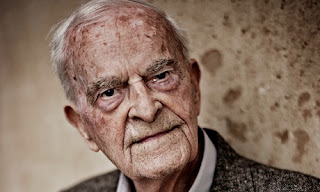Kolkata: Perspectives of a Twenty Three Year Old Newcomer

This is an intensely personal experience of Kolkata as she was 35 years ago. Written by Dr Susmita Dutta, Professor of Anesthesiology who has lived in Kolkata for many years and now lives far away. How do I begin to tell the story of my love hate relationship with Kolkata, When I say I love this city, yes I do so from far, yet when I am there, I cannot but think of the day I would be leaving. It was not always like this. I arrived one fine morning after having completed my studies in medicine at the beckoning of my parents who had fixed up my marriage. My earlier relationship with this city was that of several short term visits to my grandparents’ house in Jadavpur. My grandparents had migrated from East Bengal, I think in the early fifties, and my first memory of Kolkata is the family bonhomie which surrounded us during our visits. My father always said that the medical colleges of Kolkata, especially Medical College was one of the premier institutions in the country and whenever


